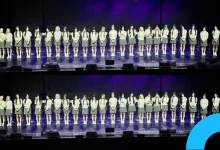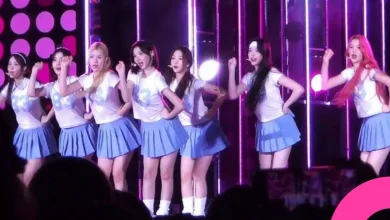tripleS’s XINYU Sparks Heat Debate with “One China” Comments to Fans: “If Disagree, Don’t Pick Me as Bias”
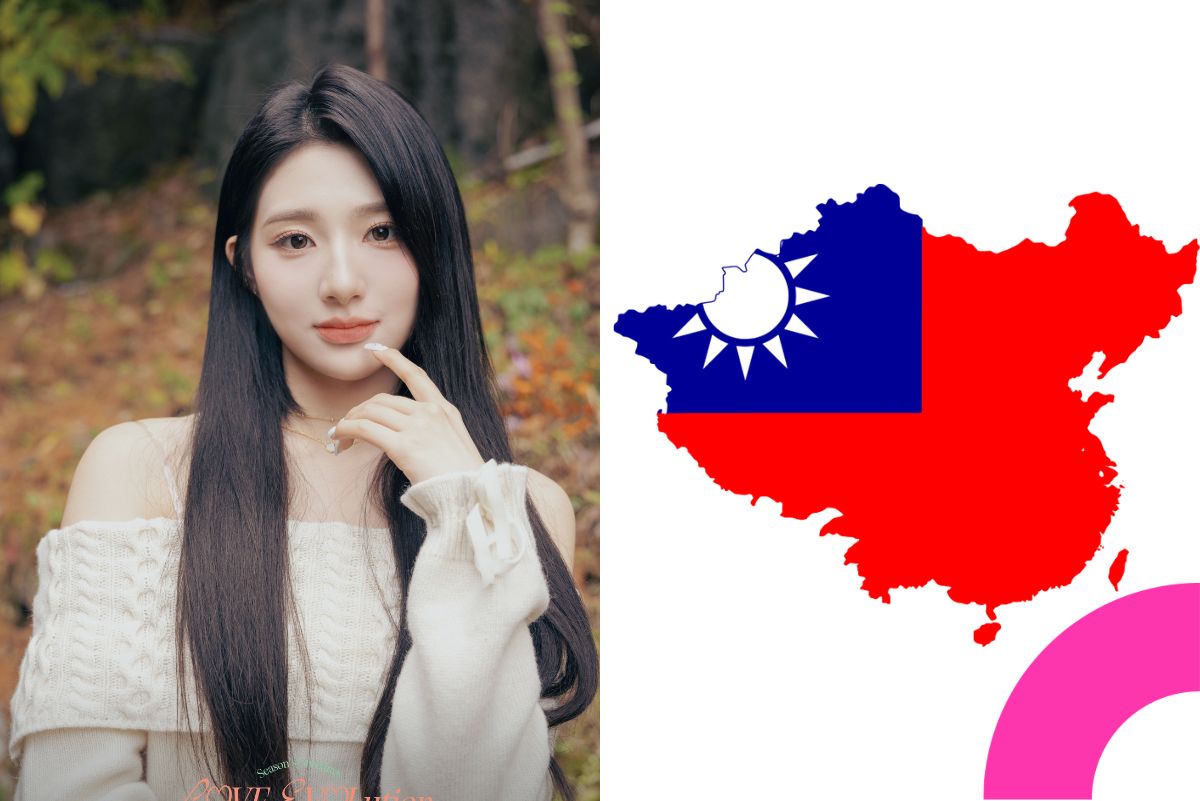
In a recently circulated message exchange, XINYU, a member of K-pop girl group TripleS, politically declared on fan communication platform Fromm, “Macau has always been a part of China,” adding, “So are Hong Kong and Taiwan.” Her remarks quickly sparked controversy, particularly among international fans sensitive to the geopolitical implications of such statements.
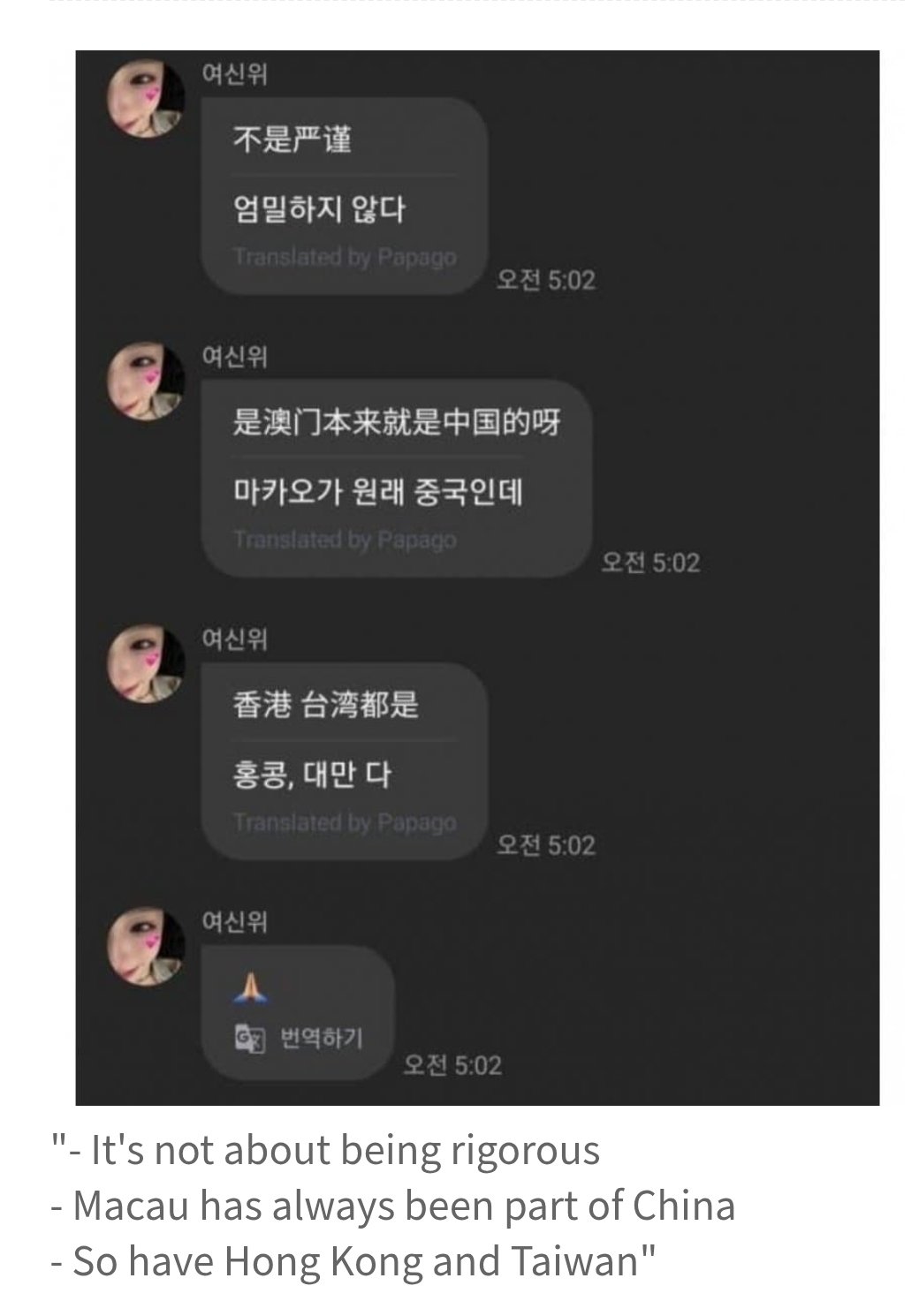
When some fans responded by advising her to be more cautious, XINYU doubled down with strong words: “Why should I be afraid of criticism?” and “What did I say wrong? If you disagree, don’t pick me as your bias on Fromm.” Her assertive tone only intensified the backlash.
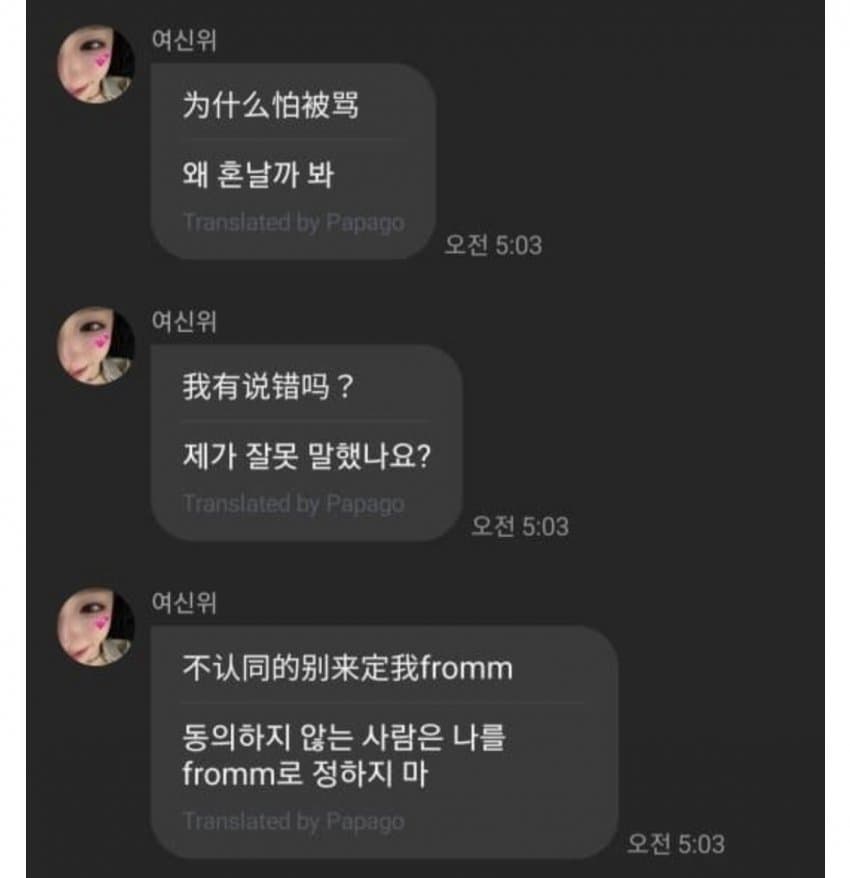
The One China principle refers to the stance that the People’s Republic of China, Taiwan, Hong Kong, and Macau constitute a single, unified country under one legitimate government. While this view is officially upheld by the Chinese government, it remains a contentious issue globally, particularly regarding Taiwan’s sovereignty.
XINYU’s comments have ignited heated discussions on Korean and international forums alike. Many K-netizens criticized her for introducing sensitive political topics into fan interactions. Her follow-up remark — essentially telling dissenters not to engage with her — further fueled negative reactions.

Comments on theqoo:
- “Seriously, I hate this so much.”
- “All Chinese people are like that anyway.”
- “If they love China so much, why don’t they just promote there? What’s the point of coming to Korea and talking about their oh-so-important beliefs?”
- “What a load of bullsh*t.”
- “Must be miserable not having fans… Do you think the Chinese members in top idol groups think any differently? They post about ‘One China’ on SNS and still promote just fine.”
- “Which company is tripleS from again?”
- “Chinese people are all the same… They should just go back to their own country.”
As of now, tripleS or their agency has not released an official statement addressing the incident. The flood of xenophobic and hostile comments in response to the situation underscores the ongoing challenges faced by Chinese idols promoting in Korea. While political tensions and cultural differences can spark sensitive debates, the level of personal attacks and generalizations evident in these reactions reflects a deeper issue within online fandom culture.


